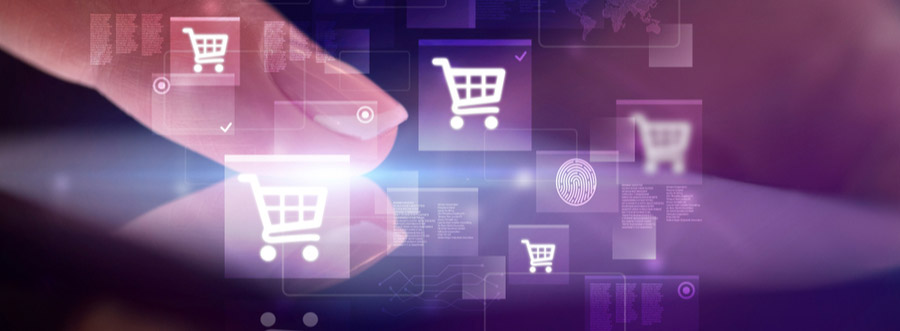Licensing software is a major cost for academic institutions. To mitigate this expense, some colleges and universities implement cost-recovery programs, wherein they charge students for access to course software.
But cost recovery is a controversial practice in education. Many institutions are reluctant to implement it. Their resistance stems from the optics of charging students – who have already paid hefty tuition fees – even more money for required course software. This is often seen as unfair or even predatory toward students.
However, institutions should not be so quick to reject this practice. In the education industry’s current financial state, schools need to explore new sources of savings and revenue. And the stigma around cost recovery is based on a misconception – far from being self-serving and predatory, the practice can actually save students money.
Let’s break down how recovering software-license costs is a win-win for schools and students alike.
Cost Recovery in Action
Find out how the University of Missouri saved their students money by recovering software-license costs with Kivuto Cloud.
How Cost Recovery Benefits Institutions
Let’s start with the benefits to schools, since they are the most obvious. The main headline is that recovering software-license costs saves schools money.
We are not talking nickel-and-dime reductions, either. Implementing even modest charges on select software can add up to significant savings. One US research university recovered over $180k within a single year by charging students for access to just one suite of software. Other schools’ software licensing teams have been able to achieve cost neutrality or even generate revenue through student software charges.
The incentive for schools to optimize costs has never been higher. COVID-19 has placed unprecedented financial strain on the education industry. According to a poll by EDUCAUSE, most higher-ed institutions are grappling with budget cuts. In the face of what that report calls “arguably the greatest financial crisis ever to hit higher education,” schools literally can’t afford to dismiss cost recovery as an option.
How Cost Recovery Benefits Students
While it’s clear that cost recovery makes financial sense for schools, many institutions balk at the idea of passing costs on to their students. However, the reality is that a well-implemented cost-recovery program can result in significant savings for students as well.
This may seem counterintuitive. After all, institutions that recover license costs from students are effectively acting as resellers. But because colleges and universities have far more purchasing power than individual students, they can qualify for better pricing (e.g. by procuring licenses in bulk directly from vendors or by licensing entire departments or campuses through an academic licensing program). These institutions can then charge their students significantly less than retail price for course software and still generate revenue (or at least offset costs).
This kind of cost-recovery model (as employed by the University of Missouri) is less about passing costs to students than it is about sharing savings with students. And those savings can really add up. Imagine, for example, that 1,000 students at an institution need Adobe Creative Cloud. By offering that product for $100 per license rather than the $250 retail price, their school could save those students a combined total of $150,000.
The result is a win-win – institutions generate ROI, and students get the software they need for less than they’d otherwise have to pay. Far from a way of exploiting financially strapped students, cost recovery can be a way for institutions to help them (and themselves).











No Comments